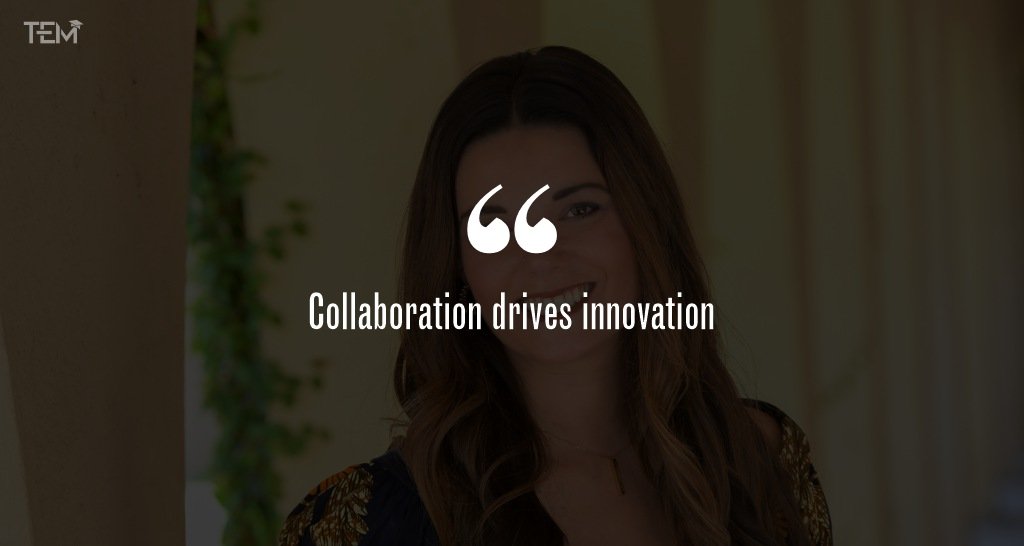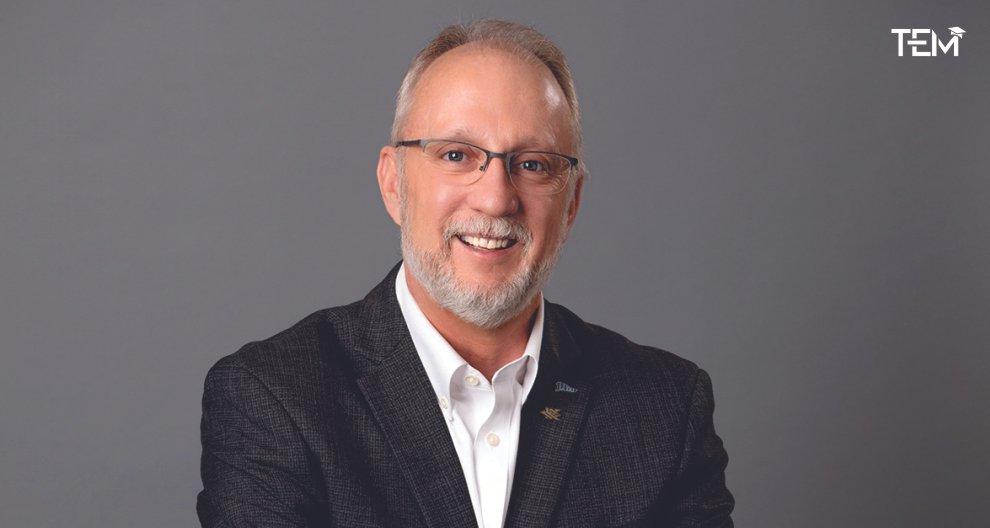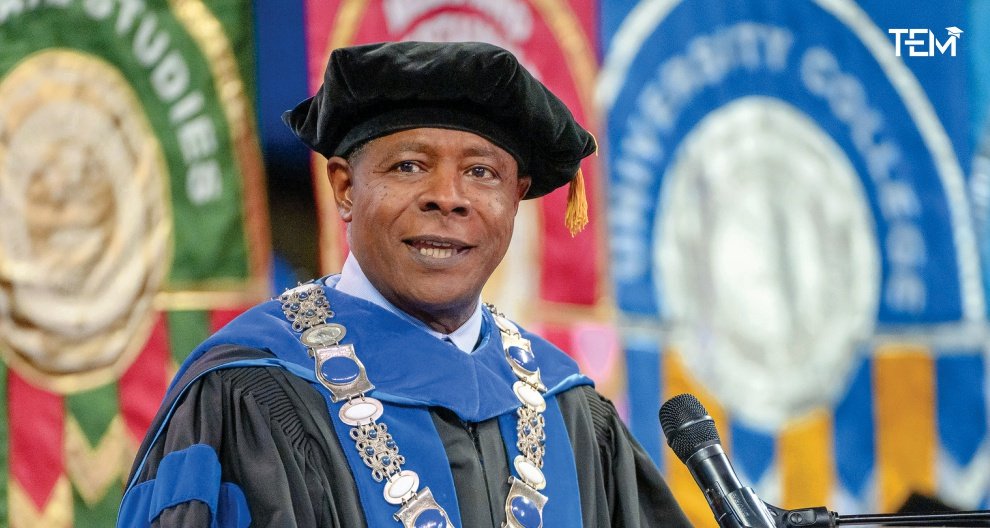Jacqueline Gustafson, a dedicated educator, has undertaken a remarkable journey through the realms of academia with a fervent passion for learning, research, and global engagement. Jacqueline embarked on a unique path at the age of 16 when she attended college concurrently with her final two years of high school. By the time she was 17, Jacqueline had not only graduated from high school but also earned an Associate of Arts degree—an impressive feat that highlighted her drive for academic excellence.
To further pursue her intellectual aspirations, Jacqueline ventured into the hallowed halls of Northwest College, a small private university, where she explored the study of psychology. During this phase, her affinity for education, research, and global exploration began to take root. She seized opportunities to immerse herself in diverse experiences, participating in ethnographic research projects in Brazil and studying archaeology in Israel. These experiences fueled her passion for global education and research, shaping her academic journey.
Jacqueline’s trajectory within academia was one of resounding success and continuous growth. She began her thriving career in an academic environment with a graduate assistantship in Counseling Psychology at Northwest University. Her dedication and expertise soon earned her a full-time role as a Program Director, laying the foundation for impactful contributions in the field of education. Her thirst for knowledge remained unquenched, motivating Jacqueline to pursue a doctoral degree in Educational Leadership and Global Studies at Seattle University. This pivotal period allowed her to integrate her interests in behavioral sciences, education, and research, setting the stage for future endeavors.
Over the subsequent decade, Jacqueline’s influence within academia extended far and wide. She fulfilled multiple roles as an educator, teaching a diverse array of courses across different academic levels. Her leadership manifested in her roles as the director of doctoral dissertations, the coordinator of research labs and centers, and a driving force behind global study tours and field placements. Progressing through positions such as Program Director, Director of Curriculum, and Associate Dean, Jacqueline demonstrated her ability to inspire and shape educational programs at every level.
In 2014, Jacqueline’s reputation as a visionary leader led her to become the Dean of California Baptist University’s School of Behavioral Sciences, a division that now operates as the College of Behavioral and Social Sciences(CBSS) under her guidance. Her legacy epitomizes unwavering belief in the transformative potential of education for both individuals and communities. Jacqueline’s commitment to learning, a profound influence on academia, and dedication to fostering positive change through education continue to shape her journey and inspire those around her.
Transformative Leadership and Academic Excellence
At the helm of the College of Behavioral and Social Sciences, Jacqueline holds a role that marks its strategic significance and visibility. She serves as a senior leader who oversees the effective functioning of all programs within the college, including guiding strategic planning initiatives and emphasizing her visionary approach to shaping the college’s future. Jacqueline also takes on the crucial role of the college’s chief personnel officer, demanding deft management of faculty and staff resources.
Jacqueline makes an impact in the classroom as well, assuming the role of a professor in her academic discipline. Her dedication to teaching emphasizes her commitment to nurturing the next generation of professionals and her continual pursuit to advance her field of expertise.
With an impressive portfolio to manage, Jacqueline oversees 16 programs, three research centers, and a clinic within the college. Guiding these various entities requires a holistic approach to educational development and leadership, and Jacqueline’s efforts play a key role in maintaining the college’s high standards.
Jacqueline’s role covers both local and global engagement. She actively forges relationships with behavioral science professionals at both local and national levels, demonstrating her commitment to fostering a wider network of collaboration and learning. The development of global partnerships and training sites showcases her dedication to providing diverse and enriching educational opportunities for students.
Jacqueline’s adeptness in resource management is clear in her responsibility for fundraising, budget planning, and assessment. These functions play a pivotal role in ensuring the college’s sustained growth and success.
Throughout her tenure at California Baptist University, Jacqueline’s leadership acumen was evident in the expansion of the college’s offerings which now include master’s and doctoral programs, research centers, and a community clinic. Her role was instrumental in securing the highest external accreditation for numerous programs within the college, a testament to her commitment to maintaining academic excellence.
Under Jacqueline’s guidance, the college’s faculty has experienced substantial growth, from 20 to 80 members, contributing to an enriched learning environment. Her efforts have also led to a nearly threefold increase in enrollment, reflecting her dedication to expanding educational access.
One of Jacqueline’s proudest achievements is fostering a diverse and inclusive learning community that mirrors the demographics of the surrounding community. This accomplishment underscores her commitment to equity and ensuring accessible educational opportunities for all.
Diverse Programs and Comprehensive Education at CBSS
The College of Behavioral and Social Sciences (CBSS) at California Baptist University stands as a dynamic and pioneering institute that has evolved over time, nurturing a rich legacy of academic excellence and comprehensive education. Rooted in history, CBSS originated as the School of Behavioral Sciences and later attained the esteemed status of a college in 2017, affirming its enduring commitment to advancing knowledge and serving the community.
At the CBSS, a diverse array of undergraduate, master’s, and doctoral programs offer students a comprehensive education in various disciplines. Undergraduate students can explore fields such as Anthropology, Behavioral Sciences, Christian Behavioral Sciences, Human Services, Psychology, Social Work, Sociology, and Sports and Performance Psychology. The spectrum of master’s programs encompasses Counseling Psychology, Counseling Ministry, Forensic Psychology, Industrial-Organizational Psychology, Sport and Performance Psychology, and Social Work. For those pursuing the highest level of expertise, the CBSS provides doctoral degrees in Clinical Psychology (PsyD) and Social Work (DSW).
The college’s commitment to holistic education extends beyond traditional classrooms. The CBSS comprises three prominent research centers—the Center for Community Engagement and Social Innovation, the Center for the Study of Human Behavior, and the Center for Sport and Performance Psychology—each devoted to addressing contemporary societal challenges through rigorous research and innovative practices. Additionally, Psychological Services of Riverside, a clinic within the CBSS, functions as a valuable resource for the community, offering a wide range of psychological services.
CBSS’ influence is not confined to its immediate surroundings. The college’s vision reaches across the globe through its diverse array of programs. Field placements span Southern California as well as national and international locations, offering students real-world experiences that broaden their perspectives. The college’s commitment to global engagement is further underscored through international study tours and cultural immersion trips that span the globe.
The impact of the CBSS also extends far beyond the classroom, as seen in its alumni. Equipped with a strong academic foundation and a sense of purpose, CBSS graduates are prepared to excel in their professional endeavors. More than that, they are instilled with a sense of responsibility to bring about positive change within their local and global communities. This commitment to service and justice is deeply woven into their spiritual dedication, embodying the values of a Christ-centered education.
Nurturing Holistic Student Well-being and Success
Today’s students face a dynamic, fast-paced society with evolving challenges that stem from a combination of factors including increased anxiety and mental health concerns, financial constraints, diverse responsibilities like work and family commitments, and the rapid integration of technological advancements like artificial intelligence. As the educational landscape shifts, institutions must adapt to meet these changing needs and to best serve their student populations.
Jacqueline’s approach to remain nimble stands as both strategic and empathetic. She recognizes that the unique set of challenges demands innovative solutions. Her commitment to serving students where they are is evident in her proactive response to these shifting requirements.
Addressing the rising levels of anxiety and mental health challenges, Jacqueline takes steps to implement comprehensive student support services that prioritize mental and emotional well-being. She creates supportive spaces, collaborates with counseling services, and promotes a culture of open communication to help alleviate challenges and create a more nurturing environment.
The financial burdens many students face also require creative approaches. Jacqueline explores avenues for financial aid, scholarships, and grants to reduce the economic strain on students while working to connect them with flexible payment plans and part-time employment opportunities to help ease financial pressures.
The demands of modern life often mean students are juggling multiple commitments. Jacqueline encourages team members to implement flexible learning options, such as online courses or hybrid models, to accommodate students’ work and family schedules – all while maintaining the academic rigor of the program. These alternatives empower students to pursue education without compromising their other responsibilities.
Innovative Strategies Addressing Education Challenges
The current education system is facing what experts have called the “enrollment cliff,” where declining numbers of students are pursuing higher education, as well as a growing college debt crisis as students grapple with mounting student loan debts. These issues have prompted the need for innovative solutions and proactive measures to ensure the accessibility, relevance, and sustainability of education.
Jacqueline recognizes the urgency of addressing these issues to safeguard the future of education and is making efforts marked by a combination of strategic planning, collaboration, and innovation to respond to these challenges.
To tackle the enrollment cliff, Jacqueline employs a diligent approach through feasibility studies. These studies assess the viability of current and new programs, ensuring they align with the demands of the job market and are attractive to students. By creating offerings that are both relevant and innovative in their delivery modalities, Jacqueline seeks to draw in students who might otherwise be deterred by traditional educational models.
Acknowledging the significance of the college debt crisis, Jacqueline’s focus on sustainable employment pipelines is paramount. By developing programs that align with industries experiencing growth, she ensures students are equipped with skills that lead to meaningful employment opportunities upon graduation. Collaborating with community partners further enhances these opportunities, bridging the gap between education and the job market.
Jacqueline’s engagement with the campus Career Center underscores her commitment to producing graduates who are well-prepared for the workforce. Ensuring students are “employer-ready,” she bridges the divide between academia and industry, fostering a seamless transition from education to employment.
A Balanced Approach to Life and Work
Jacqueline Gustafson integrates her personal and professional spheres to characterize her approach to work-life balance. She recognizes the value of embodying her authentic self in the workplace, leveraging her multifaceted roles as a wife, mother, community advocate, and more to enrich her role as Dean.
By embracing her personal story and diverse experiences, Jacqueline harmoniously blends her various roles. Her involvement in her community, non-profit organizations, and church boards showcases her commitment to effecting positive change beyond her professional realm. Her accomplishments as a published author and national speaker, coupled with her passion for ethical fashion and design, reveal her multifaceted interests that contribute to her holistic self.
Jacqueline’s ability to manage work-life balance while fulfilling the demanding role of Dean finds its foundation in purposeful integration. Her dedication to her family, community, and personal passions remains steadfast, illustrating her commitment to a well-rounded life. As the founder and CEO of a social impact brand, the Abeba Collection, she further demonstrates her capacity to handle multiple responsibilities without compromising her values and aspirations.
Guiding Principles for Effective Educational Leadership
Jacqueline offers insightful and practical guidance for emerging educational leaders. She highlights several key attributes that are essential for making a meaningful impact in the field. Jacqueline underscores the significance of fostering a clear vision that goes beyond academic excellence to encompass holistic student development and societal relevance. She upholds integrity as a fundamental pillar, promoting trust and ethical leadership.
She advocates for an innovative mindset that embraces new ideas, technologies, and approaches, ensuring education remains adaptive and effective. Striving for excellence in all endeavors maintains high standards and consistent quality. Notably, she encourages leaders to step out of their comfort zones and take calculated risks, which can lead to transformative solutions.
In a rapidly evolving educational landscape, Jacqueline’s advice emphasizes the need for leaders who are not only equipped with practical skills but who also embody values that resonate with the ever-changing needs of students, institutions, and the broader community.



